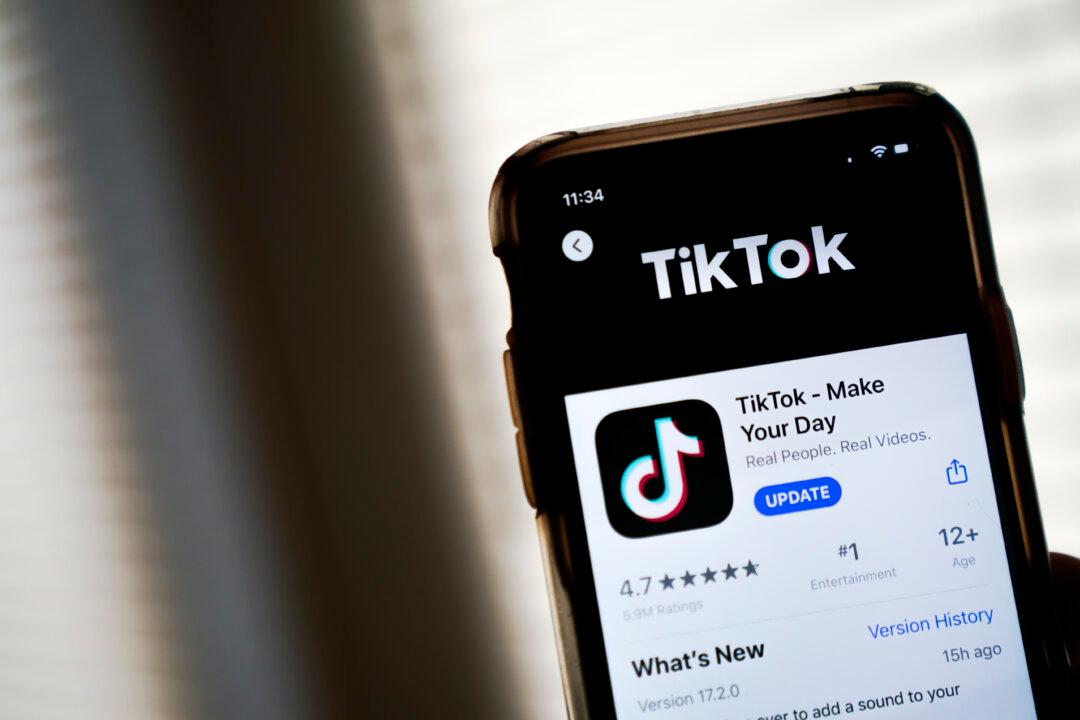Commentary
There’s little disagreement over the power of social media to create turmoil and disruption among today’s youth. The question is what to do about it.

There’s little disagreement over the power of social media to create turmoil and disruption among today’s youth. The question is what to do about it.